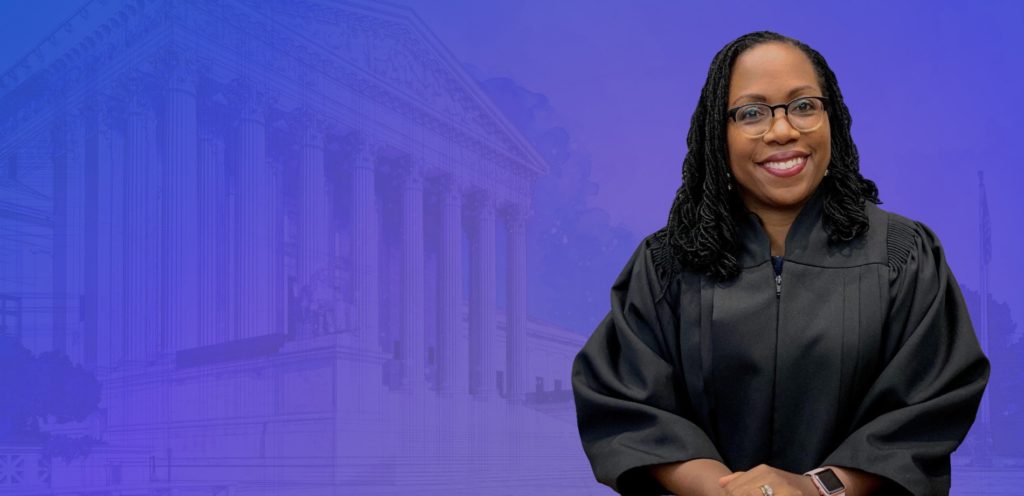Ground Zero Blues Club Lawsuit Calls Attention to Workplace Harassment
Workplace harassment continues to dominate headlines, and recent allegations against the Ground Zero Blues Club in Biloxi, Mississippi, present yet another stark reminder of the ongoing battle against such unlawful conduct. The club, owned in part by high-profile figures, is now entangled in a sexual harassment and retaliation lawsuit brought against it under federal law.
This case not only underscores persistent challenges in workplace culture but also highlights critical legal protections for employees and standards that employers must uphold. Here, we break down the specifics of the lawsuit and explore broader implications for employers, employees, and society at large.
Allegations at Ground Zero Blues Club
The allegations at the center of the lawsuit paint a troubling picture. According to reports, an assistant manager at the Biloxi blues venue faced repeated sexual harassment from one of the club’s co-owners. This harassment allegedly included unwanted sexual comments and multiple acts of forced sexual touching, creating an intensely hostile work environment.
The assistant manager repeatedly voiced complaints about the behavior to higher management, but her grievances reportedly fell on deaf ears. After submitting formal, written complaints to the company’s chief financial officer, the assistant manager claims she was fired in retaliation for speaking out against the harassment.
This conduct, if proven true, is a clear violation of Title VII of the Civil Rights Act of 1964, which prohibits both sexual harassment and retaliation against employees who oppose such behavior in their workplace.
The lawsuit seeks a range of damages, including back pay, compensatory and punitive damages, and injunctive relief to prevent similar occurrences in the future.
The Role of Title VII and Legal Implications
Title VII of the Civil Rights Act of 1964 is a foundational piece of legislation that protects employees from workplace discrimination and harassment based on several characteristics, including sex. It also explicitly prohibits employers from retaliating against employees who report or oppose such conduct.
The allegations against Ground Zero Blues Club involve two key violations under Title VII:
- Sexual Harassment: The claims of repeated unwanted sexual advances and comments fall under the category of creating a hostile work environment. If proven, this establishes direct employer liability, especially given the lack of corrective action.
- Retaliation: Title VII protects employees who report harassment from facing adverse actions, such as termination. As alleged in this case, retaliation further compounds the legal violations and underscores the importance of a robust, employer-led response to harassment complaints.
The Significance of Employer Liability
Employers have an obligation to act immediately and effectively when harassment is brought to their attention. Failures, such as ignoring complaints or retaliating against the complainant, as alleged here, can result in serious legal consequences, including monetary damages and reputational harm.
What Employers Must Do to Prevent Harassment
For employers, the lawsuit reminds them of the essential steps needed to foster safe and inclusive workplaces. Here are critical measures organizations must implement:
1. Establish Comprehensive Anti-Harassment Policies
Develop a clearly written policy that outlines zero tolerance for harassment and provides actionable steps for employees to file complaints. Ensure this policy is distributed to all staff, reviewed regularly, and updated to align with current laws.
2. Conduct Regular Training
Equip managers and employees with the knowledge to recognize, respond to, and prevent harassment. Training should explain employees’ rights, highlight employer responsibilities, and clarify reporting procedures.
3. Encourage a Culture of Transparency and Accountability
Create an environment where employees feel safe reporting workplace issues. Anonymous reporting tools and clear protections for whistleblowers can build trust within your organization.
4. Respond Promptly to Complaints
When a complaint is made, employers should act immediately by conducting a thorough, impartial investigation. This includes interviewing relevant parties, documenting findings, and taking corrective actions if necessary.
5. Take Retaliation Seriously
Retaliation is both unlawful and detrimental to workplace morale. Prevent this by building safeguards that protect employees who come forward and ensuring open communication throughout the complaint resolution process.
What Employees Should Know About Their Rights
Sexual harassment and retaliation in the workplace are not only unethical but also illegal. Employees who experience these behaviors should be aware of their rights and the resources available to them.
1. Reporting Harassment
Employees should report any incidents of harassment to a supervisor, the HR department, or a legal entity within the company. If the employer fails to take corrective action, the employee has every right to escalate the issue by filing a formal complaint with the Equal Employment Opportunity Commission (EEOC) or a similar regulatory body.
2. Protections from Retaliation
Employees cannot legally be punished or terminated for reporting harassment or participating in an investigation. Any retaliatory action, such as firing, demotion, or workplace exclusion, is grounds for legal action.
3. Seeking Legal Recourse
Victims of harassment or retaliation may be entitled to recover damages through litigation. These damages include:
- Economic Damages: Compensation for lost wages, benefits, and future earnings.
- Non-Economic Damages: Compensation for emotional distress and harm to reputation.
- Punitive Damages: Financial punishment aimed at deterring employers from repeated unlawful behavior.
4. Legal Counsel and Advocacy
Employees can seek guidance from lawyers specializing in employment and harassment law. An experienced attorney can help victims understand their options, file complaints, and advocate on their behalf in court if necessary.
Seeking Justice Through Damages and Relief
The assistant manager’s lawsuit against Ground Zero Blues Club demonstrates the broad range of relief victims can pursue:
- Back Pay: Compensation for lost wages resulting from the termination.
- Compensatory Damages: Financial remedy for emotional distress and suffering from the harassment.
- Punitive Damages: Monetary penalties intended to punish the employer for their egregious conduct.
- Injunctive Relief: Actions imposed on the employer to prevent future occurrences, such as training initiatives and mandatory policy changes.
These forms of legal relief not only hold employers accountable but also highlight the broader importance of creating a workplace culture rooted in respect and fairness.
Stepping Toward Harassment-Free Workplaces
The lawsuit against Ground Zero Blues Club is a critical reminder of how devastating unchecked harassment can be for victims, organizations, and society at large. Employers must take proactive measures to prevent workplace harassment and retaliation while fostering an inclusive, supportive team environment.
For employees, knowing your rights is key. Organizations like the EEOC and experienced legal counsel exist to ensure those rights are upheld.
Both prevention and accountability are crucial in ensuring that workplaces remain havens of opportunity, creativity, and innovation, not places of fear and inequity.
If you or someone you know is experiencing workplace harassment or retaliation, know there’s help available. Consultation with legal experts can provide clarity, support, and steps toward justice.





 Justice Ketanji Brown-Jackson eloquently articulated the Court’s position, pointing out that the previous rule placed an unwarranted evidentiary burden on majority-group plaintiffs and strayed from the foundational texts and historical applications of Title VII. This decision highlights that claims of discrimination should be assessed on a level playing field, emphasizing the importance of protecting all individuals, as reinforced by the Court’s earlier ruling in Bostock v. Clayton County (2020).
Justice Ketanji Brown-Jackson eloquently articulated the Court’s position, pointing out that the previous rule placed an unwarranted evidentiary burden on majority-group plaintiffs and strayed from the foundational texts and historical applications of Title VII. This decision highlights that claims of discrimination should be assessed on a level playing field, emphasizing the importance of protecting all individuals, as reinforced by the Court’s earlier ruling in Bostock v. Clayton County (2020).





